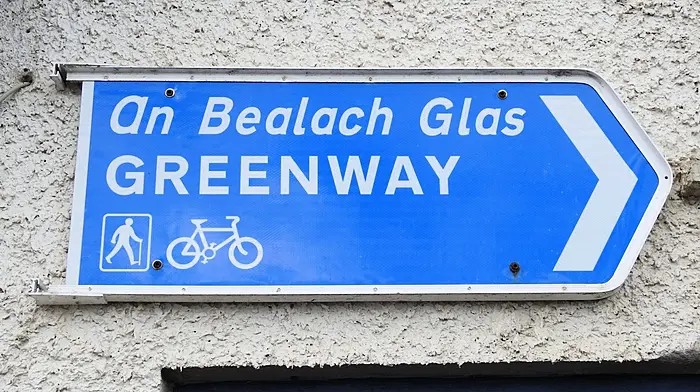While last week’s Stormont Agreement and Implementation Plan, entitled ‘A Fresh Start,’ is welcome and promises some semblance of political stability in Northern Ireland, until next May’s elections at least, it falls short by not addressing the legacy issues that deeply divide the loyalist and republican communities there.
WHILE last week’s Stormont Agreement and Implementation Plan, entitled ‘A Fresh Start,’ is welcome and promises some semblance of political stability in Northern Ireland, until next May’s elections at least, it falls short by not addressing the legacy issues that deeply divide the loyalist and republican communities there.
It will mark even more of ‘A Fresh Start’ with the announcement by Peter Robinson of his intention to resign as First Minister of Northern Ireland. This is likely to bring a new dynamic to relations between his Democratic Unionist Party and Sinn Féin, the two main parties in the imposed power-sharing executive, and it may not ultimately be for the better as unionists know that the more hardline they profess to be, the more votes they are likely to secure in the forthcoming Assembly elections. Jim Allister of the Traditional Unionist Voice, while wishing Mr Robinson well personally in his retirement, pointed out what many unionists believe that, while ‘the IRA still has weapons and still reserves the right to kill as and when it sees fit, Mr Robinson was prepared just last week to sweep murder under the carpet and to renew his vows with republicans in government.’
However, the ‘Fresh Start’ agreement aims to tackle paramilitarism and crime by setting up a joint agency task force, comprising An Garda Síochána, the PSNI, the Irish and British Revenue Commissioners, as well as our Criminal Assets Bureau and the UK National Crime Agency, both of which are involved in the seizing of assets accrued by illegal or criminal means.
The latest Stormont agreement is more like a temporary truce than a lasting settlement and its failure to tackle legacy issues will, most likely, manifest themselves in all their ugliness in the wake of next May’s elections as soon as the marching season begins again. There seems to be no end to the underlying sectarian bitterness that divides communities in the North and the politicians on both sides merely pander to those driving it, as its often suits their own agendas, rather than showing the true leadership needed to tackle the root causes of the statelet’s ongoing tensions.








